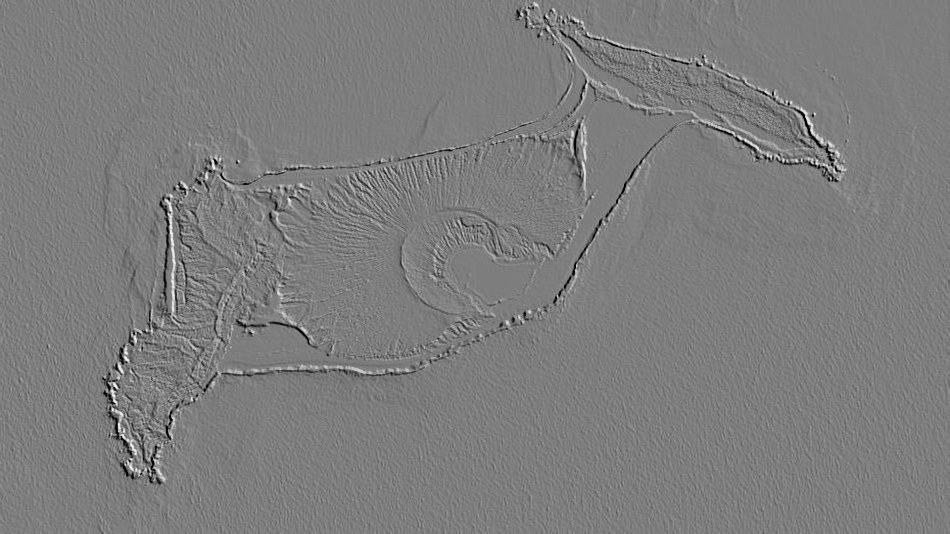Birds, Bees, & Bugs
The week of June 23, 2019 - We explore the solutions helping our environment's most productive and important little creatures.

Why beekeeping is big business these days
How do beekeepers make most of their money? While honey may seem like the obvious answer, the real answer is that beekeepers make most of their money from pollination services where they provide hives to farmers. Just look to California where nearly 80 percent of the world’s almonds are grown. Read More...

Scientists in New Zealand are using ‘eavesdropping’ technology to protect birds
This week we’re giving extra attention to birds, bees and all the pollinators that keep our ecosystems in order. For today’s edition, let’s have a word about the Hihi bird—a rare species of bird that was recently reintroduced to a nature reserve in New Zealand after being regionally extinct Read More...

Argentina’s wild bees are choosing a strange material to build nests: plastic
The ways that bees adapt to problems created by humans is both brilliant and saddening. Just look to Argentina where researchers have discovered bees constructing nests entirely made of the flimsy plastic packaging material left on farms. From 2017 to 2018, researchers at Argentina's National Read More...

Here's what you can do to save the bees!
This week we’re giving a lot of attention to the bee, one of nature’s most important creatures. Why? Because bee populations have been plummeting, and we must do everything in our power to save them. Since bees pollinate almost every major crop, we’d lose one-third of our food sources if bees Read More...

Transformation and Turbulence: Dr. Nick Haddad on his quest to Save a Rare and Vanishing Creature
“We should care about butterflies because they are a part of the web of life…and they are the ‘canaries in the coal mine’ of ecosystem health.” - Nick Haddad By Kristy Jansen & Amelia Buckley Chaos theory implies that if a butterfly flaps its wings in Brazil, it can cause a Read More...

No matter how much space you have, here’s what you can plant to help bugs thrive
Habitat loss is a major factor in the decline of insect populations around the world, a trend that one group of researchers has warned could bring about the “catastrophic collapse of nature’s ecosystems.” For instance, the monarch butterfly population has fallen 99.4 percent since the Read More...

The EU has banned one of agriculture’s most-used pesticides to save the bees
Although you may not be a big fan of bugs, it’s bad news for everyone that insect populations are rapidly dwindling around the world. Insects are the foundation of nature’s ecosystems, and without them, we would run the risk of a ‘catastrophic collapse’ of those ecosystems. Still, if we Read More...

These artificial plants make sure urban insects have enough food to survive
Insects need a little love. They currently face a multitude of different threats, from pesticides and climate change to invasive species and the spread of deforestation. All of these things are taking such a toll on insect populations that as many as 40 percent of all species may be endangered in Read More...

How the people of Bavaria are uniting to save bees, bugs, and birds
We are constantly berated with alarming reports that forecast a gloomy future for our planet, giving us two options for how we can react. Either we become paralyzed and give up, or we unite together in the face of adversity to enact change. The Bavarians of southern Germany chose the second option Read More...

Newborn island in the South Pacific is now nurturing birds and flowers
Four years ago a volcanic eruption gave birth to one of the world’s youngest islands. But what was thought to be just another short-lived island that submarine volcanic eruptions tend to uplift now has its own flora and fauna. Dazzling pink flowering plants, sooty tern birds, and even barn owls Read More...


